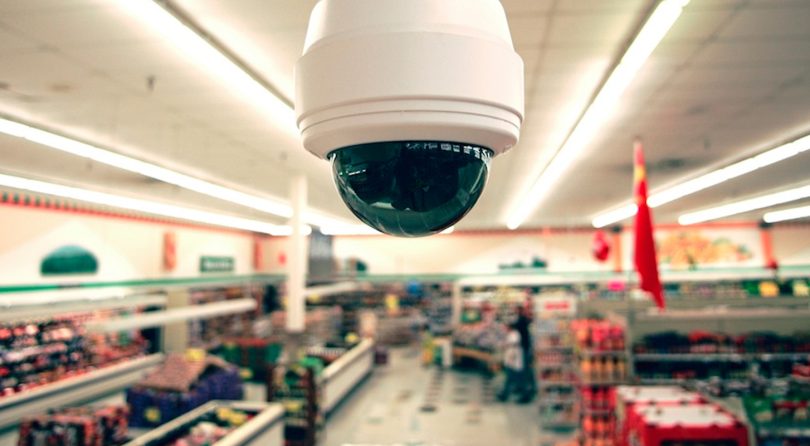[ad_1]
Two retailers in Australia have temporarily halted use of facial recognition systems on their floors as they are investigated for possibly breaking national privacy laws.
At the same time, a United Kingdom retailer is resisting criticism for deploying the technology.
Reporting on the decision by Bunnings and Kmart, The Canberra Times says 17 major retailers have said they have no plans to use shopper-focused facial recognition.
The pair reportedly are being examined by Australia’s information commissioner.
A managing director at warehouse chain Bunnings told the Times that organized and increasingly aggressive retail crime prompted the company to install the systems only in some stores.
The system used scans faces and compares them to those of past troublemakers. If there is not a match, the scan is deleted. Matches result in a call to the police.
Kmart has said its hand was forced by crime. An official told the paper that behaviors are not recorded for marketing purposes or to enhance store performance.
At least one complaint pushed by privacy advocates is that there is no realistic way for shoppers to know they are being scanned, know what that means which could mean they are not giving informed consent to be analyzed.
A retail chain in the UK, the Southern Co-Op is also the subject of a privacy complaint, this one filed with the country’s information commissioner by privacy advocate Big Brother Watch.
Like Bunnings, convenience-store Southern reportedly put cameras in to combat higher crime in some outlets. Again, images are collected and biometrics analyzed against those captured exhibiting anti-social behavior to stealing, according to the BBC.
Big Brother Watch says blacklists are being compiled. Errors could result in innocent shoppers being asked to leave a store.
The retailers using facial recognition are not necessarily doing anything wrong, according to an article in the trade publication Loss Prevention Magazine.
The technology is mature and has more use cases than just theft prevention. High-end retailers can use it to identify preferred shoppers, showing them faster and more personalized service.
It continues to meet resistance from some shoppers and skepticism from some retailers, however, particularly in America, with Home Depot an example of a trial deployment that has ended without a production rollout.
Facefirst CRO Dara Riordan tells Loss Prevention that her company has one deployment in the U.S, though to hundreds of locations, while Latin America is its largest customer base.
Article Topics
Australia | biometric matching | biometrics | cctv | criminal ID | facial recognition | fraud prevention | personalization | retail biometrics | UK | video surveillance
[ad_2]
Source link








